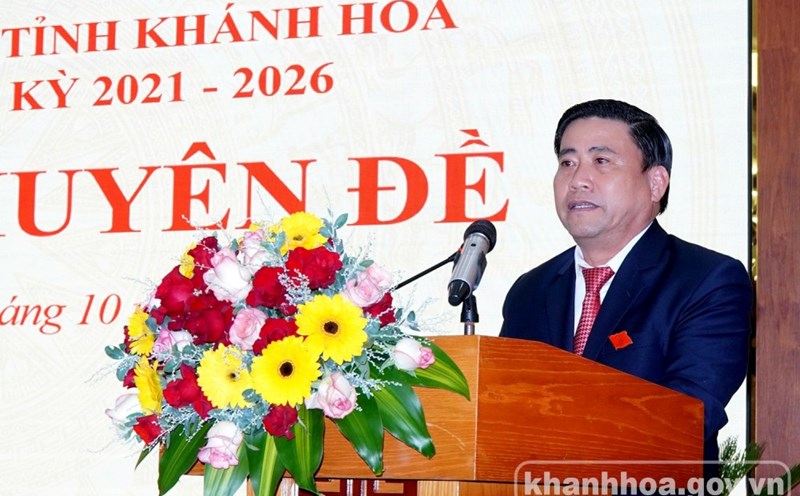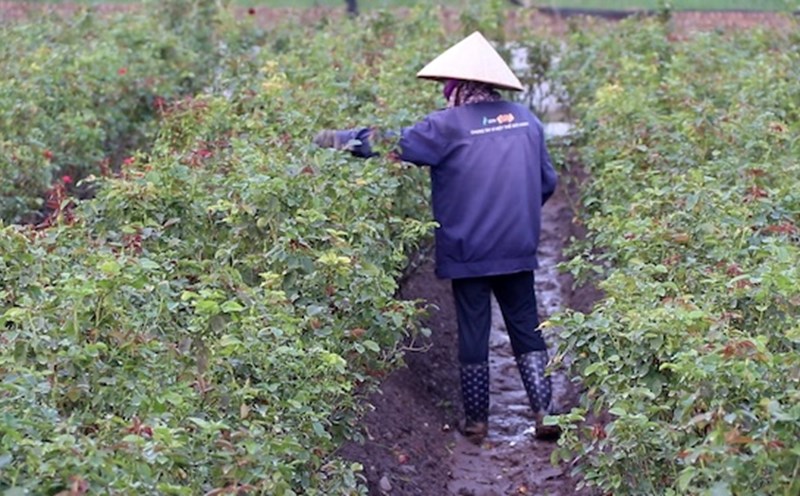New analysis from the app research company Apptopia shows that the growth rate of the mobile application ChatGPT is showing signs of slowing down after the boom period at the beginning of the year.
Despite maintaining millions of new downloads every day, the growth rate of new users and the level of interaction are decreasing significantly.
According to Apptopia, the new user growth rate calculated as a percentage change in global downloads has decreased after April.
In particular, although October has only passed more than half, ChatGPT's downloads have decreased by 8.1% compared to the previous month.
While the total number of settings is still high, this slow-motion trend shows that the app is entering a saturated phase.
The data also shows that users in the US, OpenAI's core market, are spending less time on the ChatGPT application, with the average daily usage of 22.5% decreased since July and the number of application openings also decreased by 20.7%.
Although the rate of people abandoning the application has stabilized, the low interaction level reflects that ChatGPT is gradually losing its initial appeal.
The reason is believed to come from increasingly fierce competition from rivals like Google's Gemini, as well as changes in ChatGPT's AI model update.
After the April upgrade, the chatbot was refined to lessplagiarism and become more neutral; while the August release of GPT-5 was commented to be less friendly.
Apptopia said that the downward interaction trend has appeared even before Gemini took the top spot thanks to the Nano Banana image model launched in September.
This shows that the main reason may be that the initial testing phase of users has passed, and ChatGPT is gradually becoming a tool for on-demand use, instead of a new application that makes users curious and open it continuously.
To restore growth momentum, OpenAI may have to invest more in marketing or add new features to retain users.
Analysts believe that ChatGPT can no longer rely on technology phenomena to continue expanding, but needs to enter a stage of sustainable development with more stable experience and clearer practical value.











